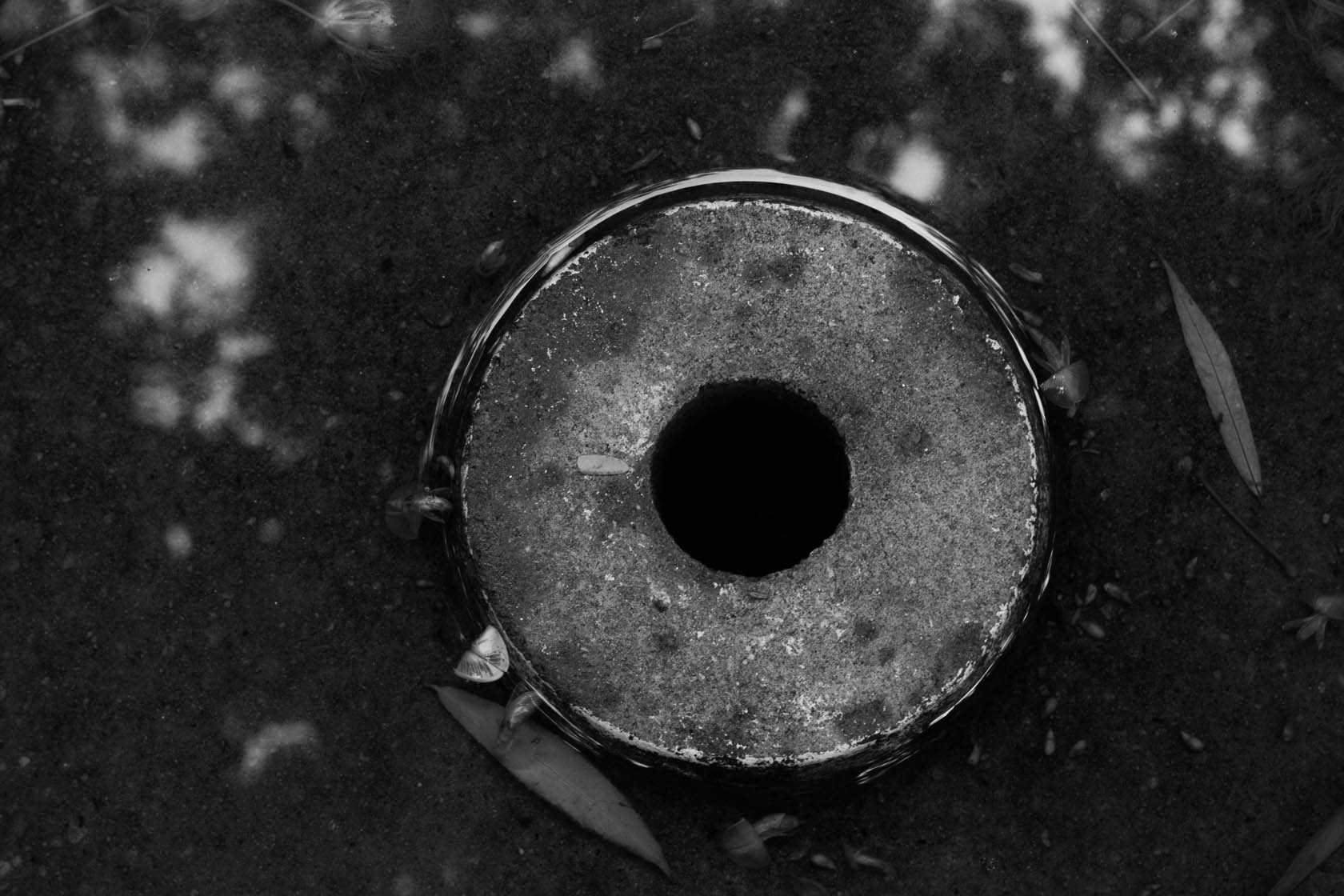You drink wine and consume pan‑Asian with a group that includes your colleagues and students along with a visiting speaker: a luminary, an older African American scholar whose work on race, class, and incarceration reveals deep historical fault lines, cavernous in the present. By you sits a student who has found a location—found herself really—in our prison work. Over sesame noodles and tofu you talk about an article you read for class on the corporatization of schooling in New Orleans,Kristen Buras, “Race, Charter Schools, and Conscious Capitalism: On the Spatial Politics of Whiteness as Property (and the Unconscionable Assault on Black New Orleans),” Harvard Educational Review (Summer, 2011): 296–330. then segue into conversation about your feelings toward the correctional officers. Joining you, the luminary speaks eloquently about the necessity to critique these “guardians of the state,” despite their raced and classed resemblances to the women they guard. You are quiet but your student speaks up passionately for the complex positions and lives of the C.O.s. Our visitor listens carefully, accedes.
As you draft this chapter, President Obama announces the experimental Second Chance Pell Pilot Program, to be made available to a “limited number of prisoners.” Education Secretary Arne Duncan argues for this on the grounds that “America is a nation of second chances” and that “it can also be a cost‑saver for taxpayers.” Nick Anderson, “Feds Announce New Experiment: Pell Grants for Prisoners,” Washington Post, July 31, 2015. This appeal to national pride on behalf of a humanitarianism embedded in individualism, sharpened by capitalism, seems formulated to cut across divisions in the populace.
Tyrone Werts’ sentence was commuted after 37 years in a maximum security men’s prison in your state. While inside, he played an active role in the Inside‑Out Program, and on the outside he works with a reentry program. Tyrone talks about the impact of education on men inside, noting that “those guys who went to college in prison and those guys who didn’t go to school…think totally different.”Gabrielle Emanuel, “Pell Grants For Prisoners: An Old Argument Revisited,” NPREd, July 30, 2015.
“Thinking totally differently” might well line up well with reduced recidivism and expenditures, but begins from a different pivot point, opens up to a radically wider view. The difference in orientation is striking.
There’s excitement on the higher education in prison websites. You hope, maybe, a fissure in the walls…

